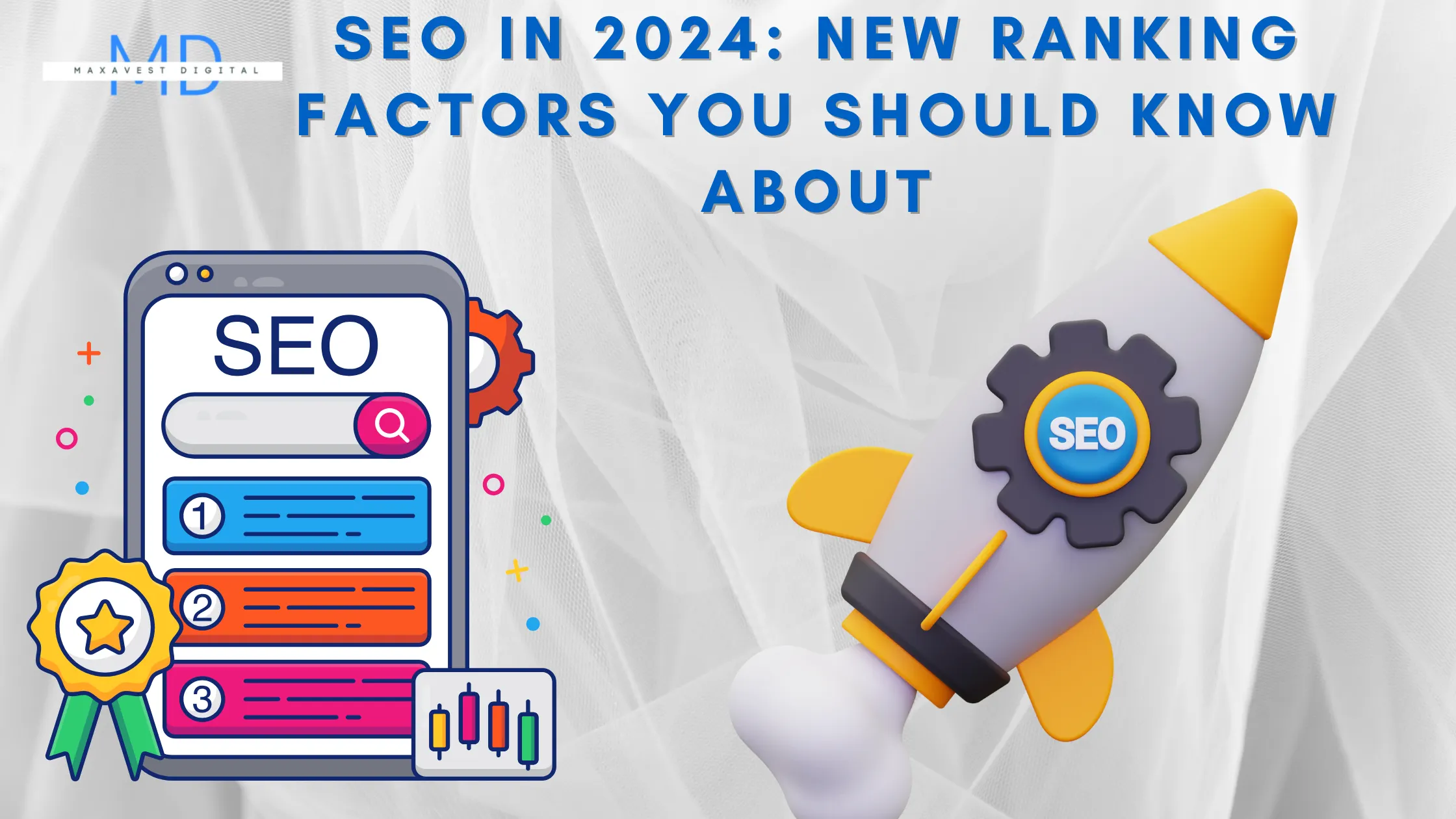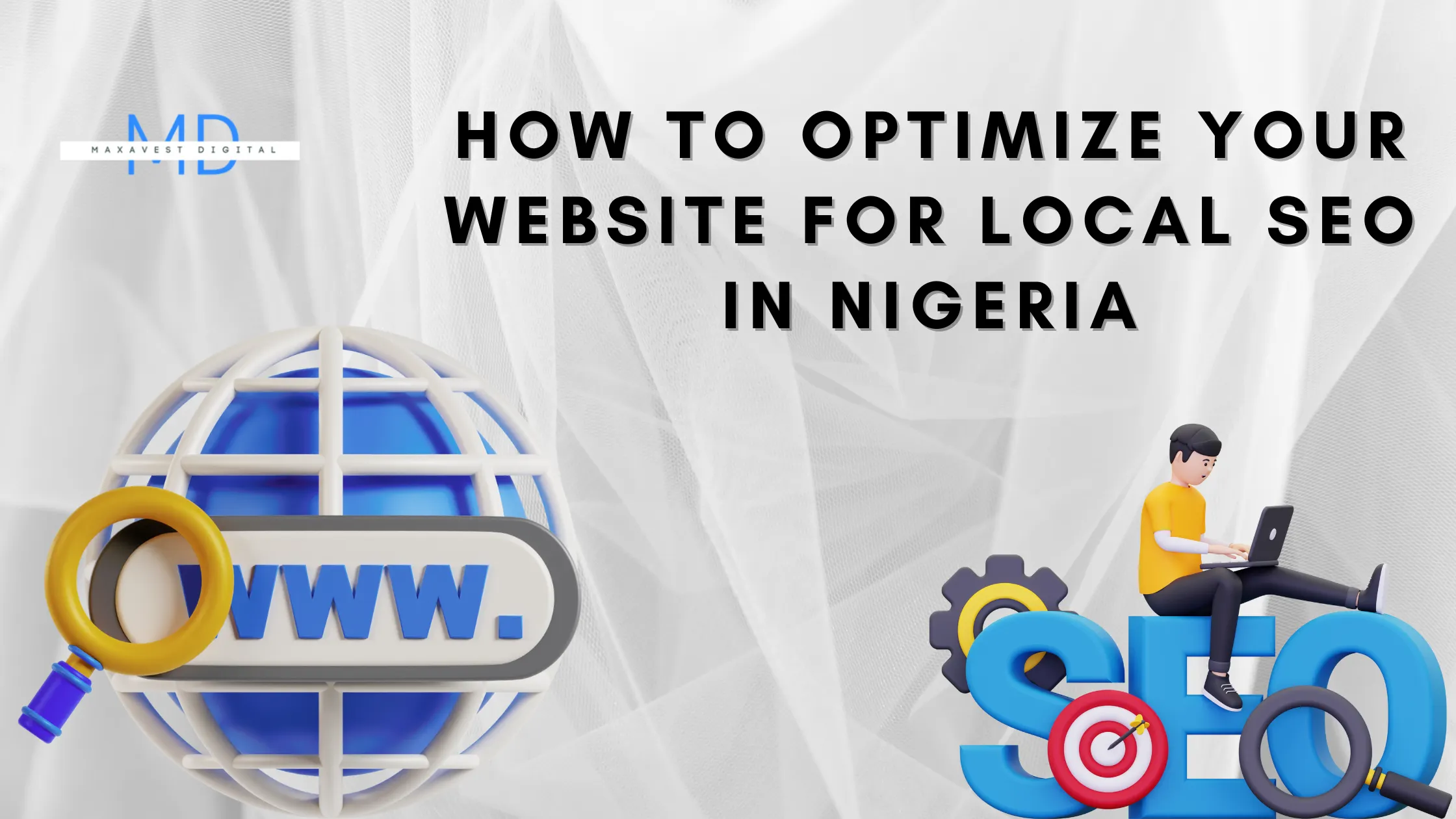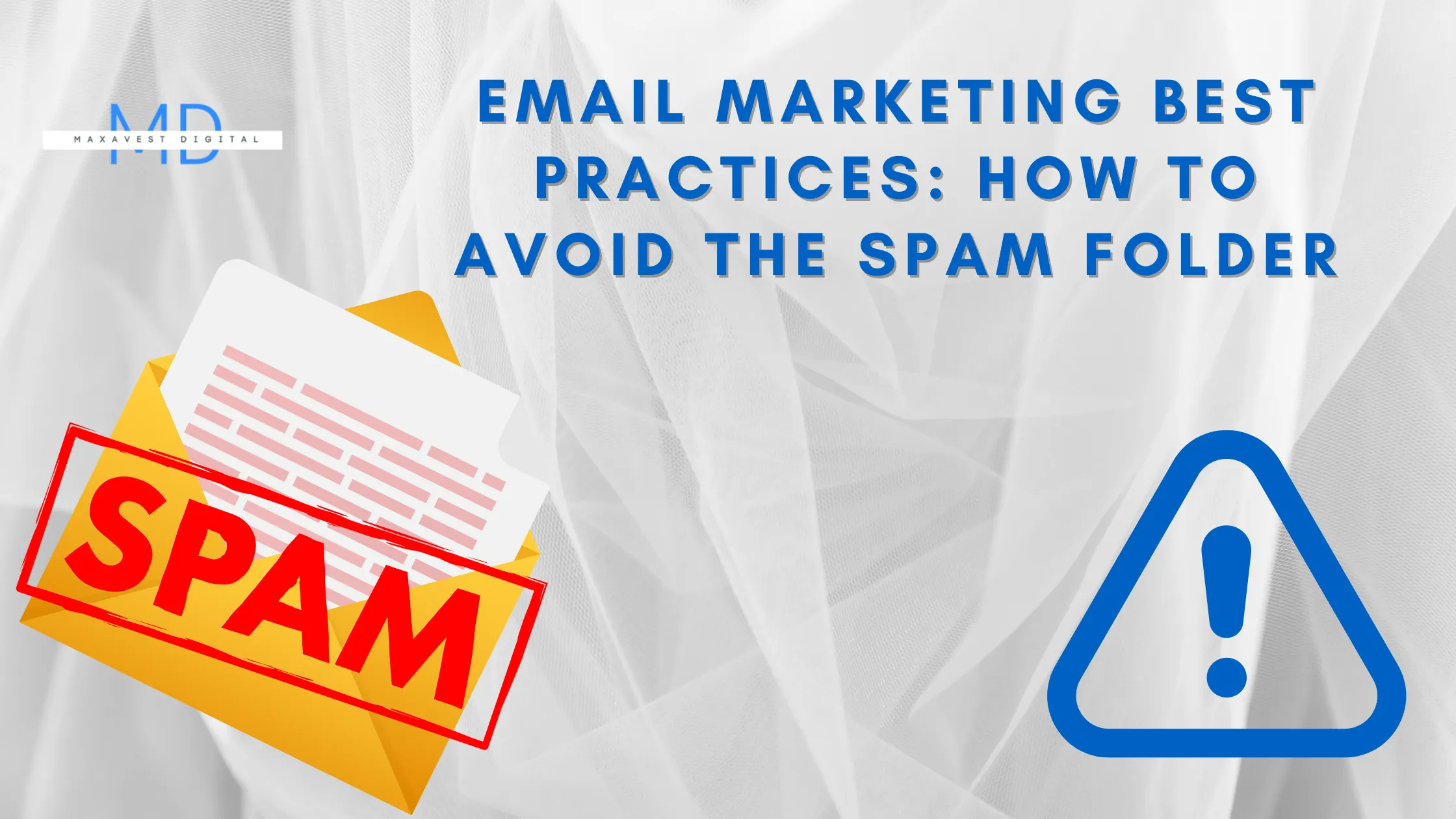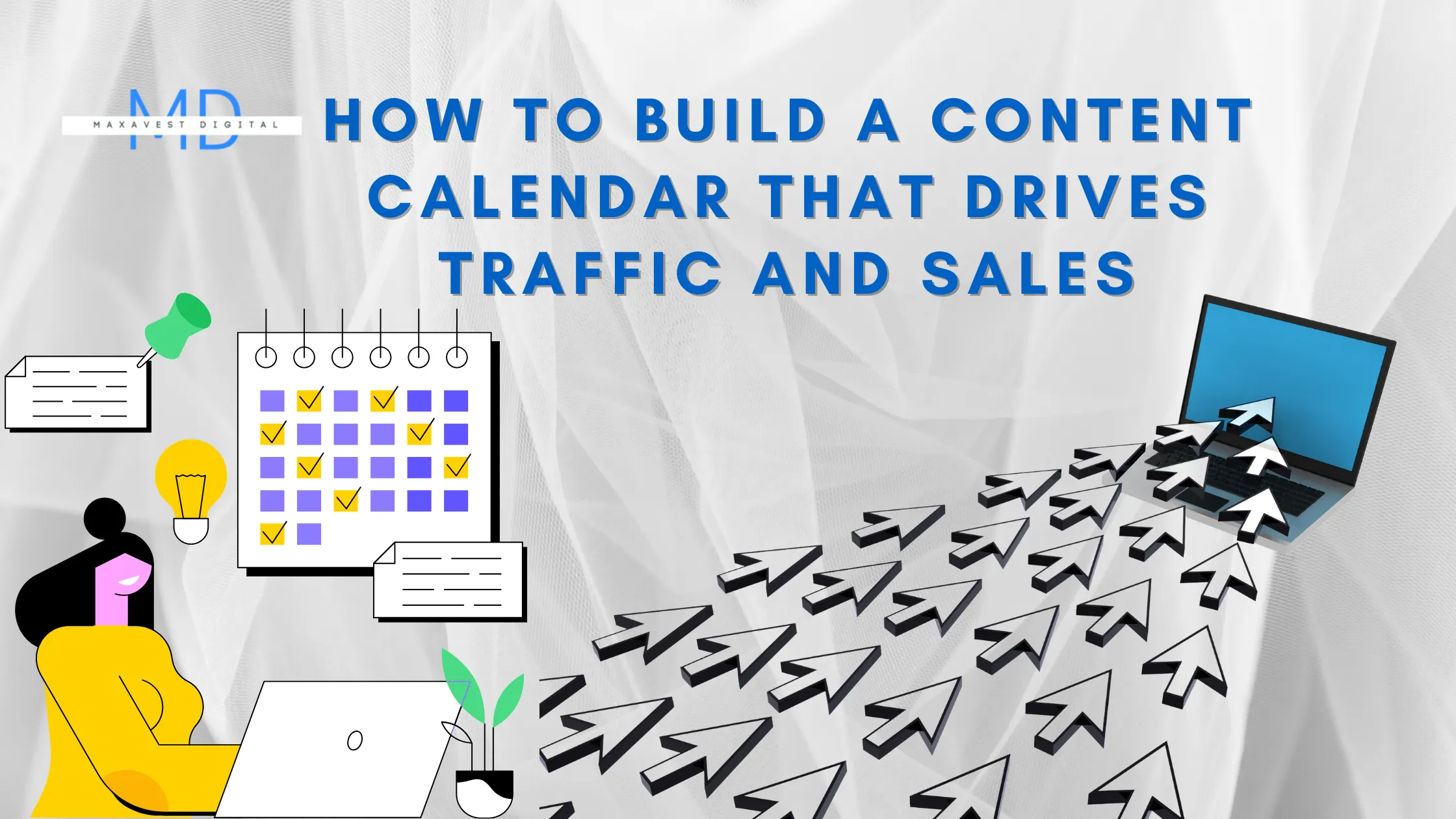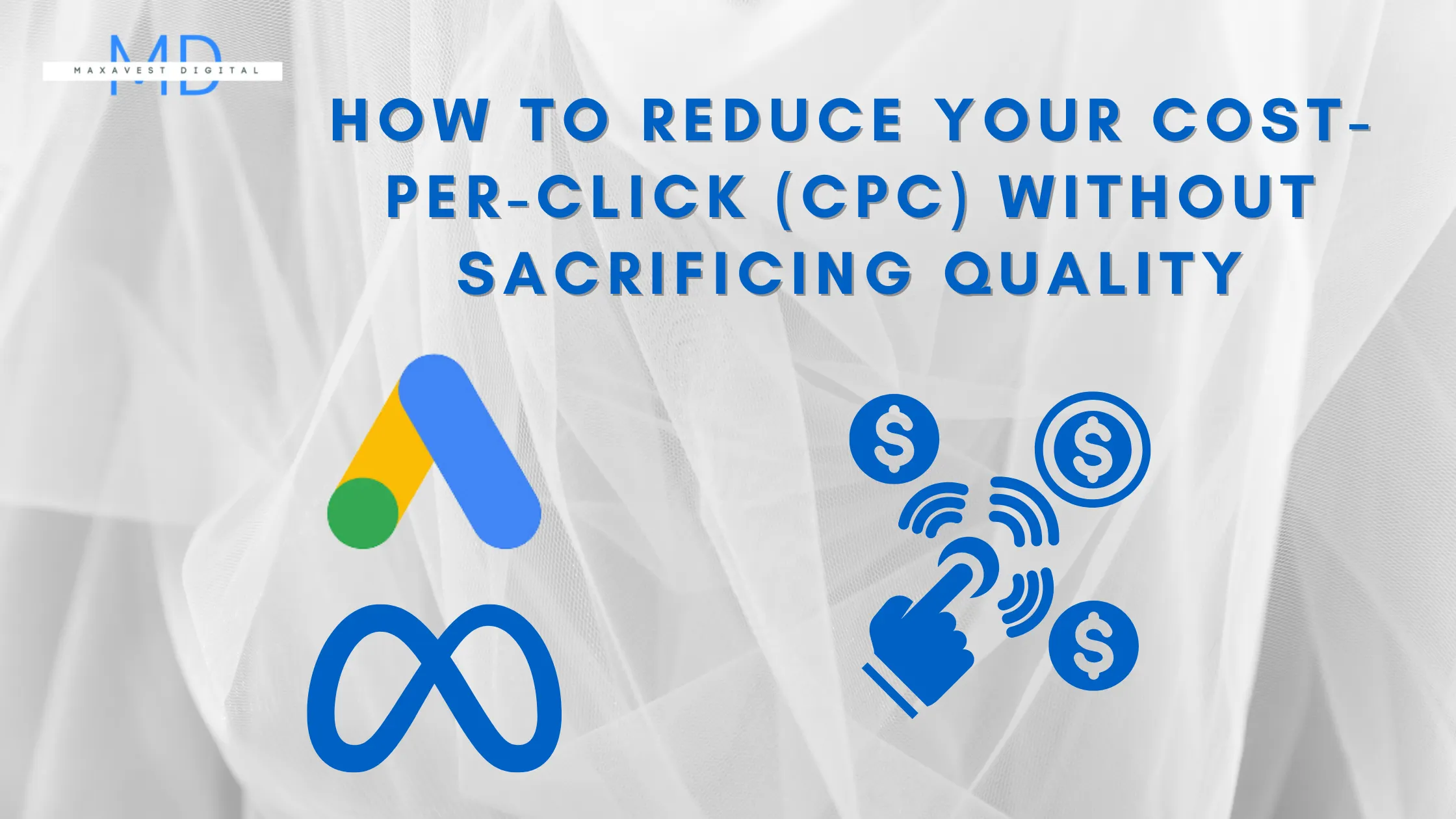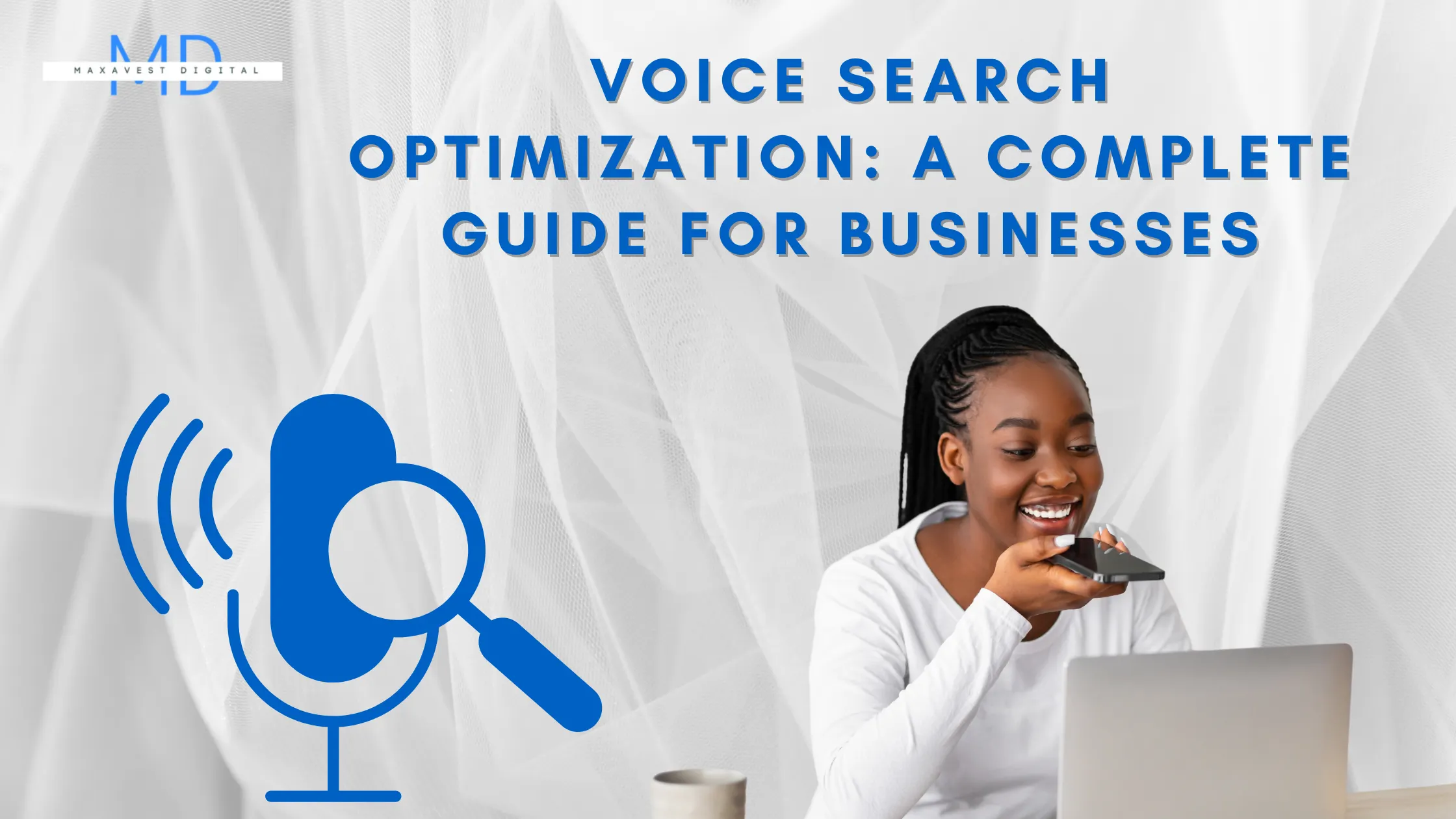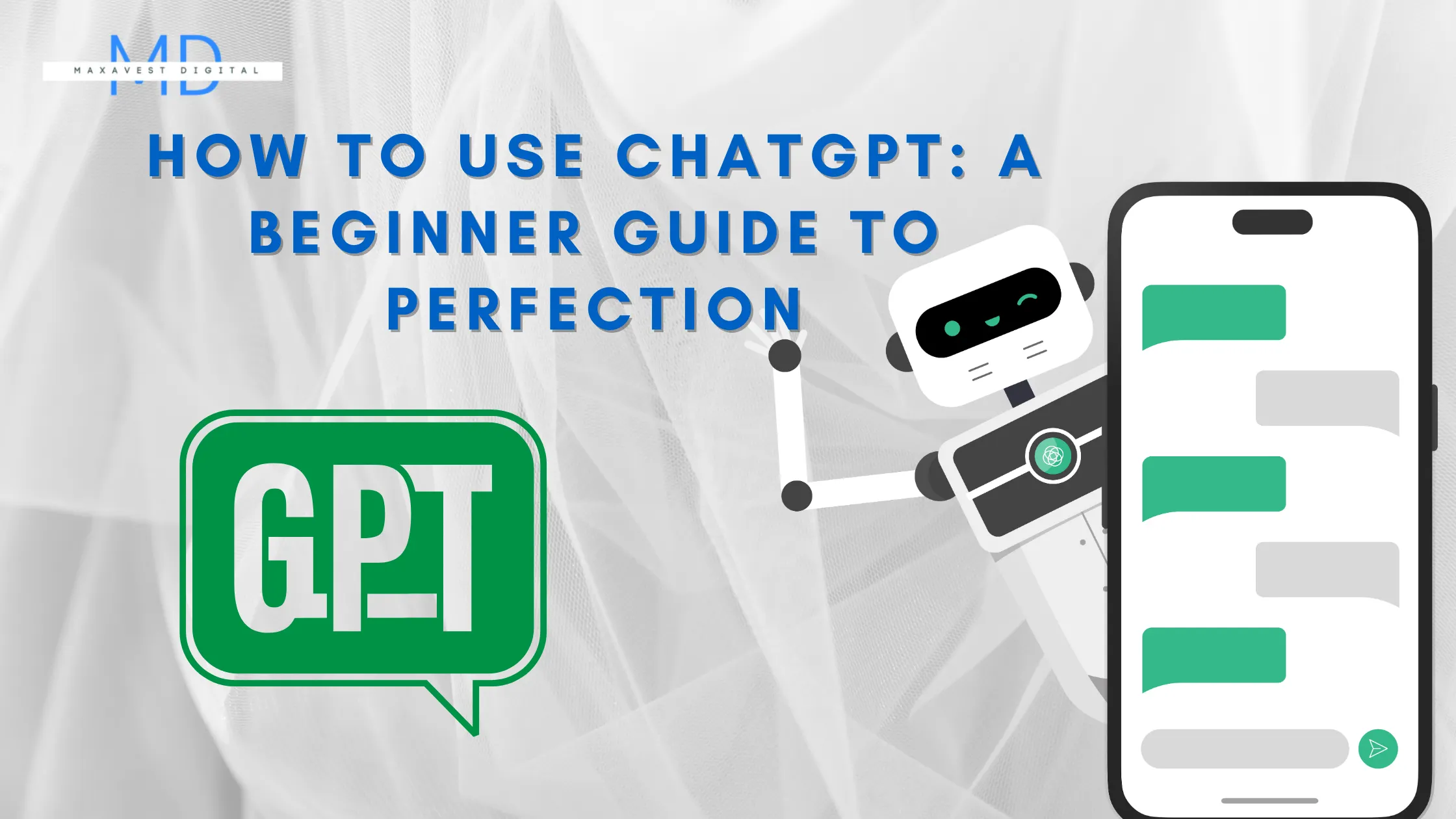SEO in 2024: New Ranking Factors You Should Know About
Introduction
A Glimpse into SEO's Evolution: Why 2024 Is Different
SEO is constantly evolving, and 2024 is shaping up to be a pivotal year. Gone are the days when stuffing a few keywords into a blog post or building a handful of backlinks could guarantee a top spot on Google. Now, we’re living in an era where search algorithms are more complex, user experience is paramount, and new technologies like AI are rewriting the rules. What used to work might not be effective anymore, and businesses that fail to adapt will inevitably fall behind. The factors that drive SEO success today are a reflection of the way the digital world has matured, and in 2024, understanding these changes is the key to staying competitive.
Understanding Google's Changing Priorities
Google has always aimed to provide users with the most relevant and high-quality content. But its focus has shifted significantly in recent years, favoring websites that demonstrate authority, expertise, and trustworthiness. User experience metrics, mobile-friendliness, and content depth are becoming critical for rankings. Google is no longer just indexing content; it's analyzing how well it meets user intent, how quickly it loads, and how secure it is. With AI and machine learning taking on a larger role in search algorithms, the priorities have evolved, and businesses must now look beyond traditional SEO tactics.
The Importance of User Intent in 2024
Why Search Intent Matters More Than Ever
Search intent, or understanding what users are looking for when they type a query into Google, has become the cornerstone of SEO in 2024. It’s not enough to match keywords anymore; you need to match the purpose behind those keywords. Whether the user is looking for information, ready to make a purchase, or just comparing products, search engines now evaluate how well your content satisfies that intent. If your page answers their questions quickly and effectively, you’re much more likely to rank higher.
How to Analyze and Optimize for User Intent
To optimize for user intent, start by looking beyond traditional keyword research. Analyze the types of content that currently rank for your target keywords. Are they blog posts, product pages, or how-to guides? This gives insight into what Google believes best matches the user’s intent. Creating content that not only matches this format but goes above and beyond in delivering value will improve your chances of ranking.
Tools to Help You Understand User Behavior
Several tools can help you decode user intent. Google Analytics and Search Console provide insights into what users are searching for and how they interact with your site. Tools like SEMrush and Ahrefs allow you to analyze competitors and understand what’s working for them. Heatmaps and user behavior tools such as Hotjar can also show you how visitors engage with your content, allowing you to tweak your pages to better align with user expectations.
Core Web Vitals: Still Critical, But with a Twist
Google's Updated Focus on Core Web Vitals
In 2024, Core Web Vitals remain a top priority for Google. These metrics, which measure load time, interactivity, and visual stability, are more important than ever. Google’s emphasis on these signals reflects its broader commitment to enhancing user experience. But there’s a twist: as more websites catch up with these standards, meeting the bare minimum isn’t enough. Sites that go beyond and excel in these metrics will have a competitive edge.
Optimizing for Speed, Interactivity, and Visual Stability
Ensuring your website loads quickly, responds to user input promptly, and remains visually stable (without unexpected shifts) is critical. Optimizing images, reducing unnecessary scripts, and using lazy loading for media are just a few ways to improve these factors. Don’t forget mobile users—optimization for smaller screens and slower connections can make or break your rankings.
How Core Web Vitals Impact User Experience (And Rankings)
Google’s Core Web Vitals are a reflection of how users perceive the usability of your website. A poor user experience—whether due to slow loading times or a site that jumps around as it loads—leads to higher bounce rates, which ultimately hurts your rankings. Prioritizing these elements creates a seamless experience that keeps users engaged, which Google rewards with better rankings.
The Role of AI and Machine Learning in SEO
How Google’s Algorithms Leverage AI for Ranking
AI, particularly Google’s RankBrain and the BERT algorithm, plays a massive role in search rankings. These systems analyze search queries to better understand the context behind words, enabling Google to deliver more accurate results. AI isn’t just focusing on keywords anymore; it’s interpreting natural language to discern meaning and intent.
Optimizing Content for AI: Natural Language Processing (NLP)
To optimize for AI-driven algorithms, focus on producing content that is naturally written and highly relevant. Google now favors content that feels human. Natural Language Processing (NLP) means that your content should use conversational language that matches how people naturally search and speak. Keyword stuffing is a thing of the past—content needs to flow smoothly and address real user needs.
How to Incorporate AI Tools into Your SEO Strategy
AI tools like GPT and ChatGPT can help with content creation, keyword analysis, and even predicting search trends. These tools analyze vast amounts of data, allowing you to tailor your SEO strategy with greater precision. Incorporating AI tools into your workflow will give you a head start in adapting to Google’s increasingly AI-driven algorithms.
How to Optimize Your Website for Local SEO in Nigeria
E-A-T Is Expanding: Expertise, Authoritativeness, Trustworthiness
What the Expanded E-A-T Framework Means in 2024
Google's E-A-T (Expertise, Authoritativeness, Trustworthiness) criteria have expanded beyond content creators and now encompass websites and brands as a whole. In 2024, E-A-T influences everything from blog posts to e-commerce product pages. Building authority and demonstrating expertise in your niche is essential to earn trust—not just from users, but from Google.
Practical Tips for Boosting Your E-A-T Signals
To boost E-A-T, ensure that your website includes clear author bylines and expert credentials for contributors. Regularly update content with the latest information and cite reputable sources. Building high-quality backlinks from trusted websites also signals authority. A solid About Us page, privacy policies, and secure payment gateways reinforce trustworthiness.
How Author Reputation Impacts Rankings
Google now takes a closer look at the individuals creating content. If your writers have a strong reputation in the field—either through other published work or professional experience—this can positively affect rankings. Highlighting author credentials, showcasing expertise, and contributing to well-known publications can help establish that all-important reputation.
The Growing Importance of Multimedia Content
Why Google Loves Visuals: Optimizing Images and Videos
Google has increasingly prioritized multimedia-rich content because it engages users more effectively. Optimized images and videos enhance user experience and increase dwell time—two factors that Google considers in its ranking algorithm. Plus, visuals often appear in search results as rich snippets, boosting visibility.
Video SEO in 2024: What You Need to Know
With the rise of platforms like YouTube and TikTok, video SEO has become crucial. To rank in video search, focus on optimizing video titles, descriptions, and tags. Use engaging thumbnails and ensure your videos provide immediate value. Embedding videos within your site can also improve its overall SEO performance, as video content tends to keep users on the page longer.
Best Practices for Image SEO: Alt Text, File Size, and More
Image SEO in 2024 goes beyond simple alt text. Optimizing file sizes for faster load times is essential. Use descriptive file names and compress images without sacrificing quality. Structured data markup for images can also help Google better understand your content, increasing the chances of your images appearing in search results.
Voice Search Optimization: Still Relevant in 2024?
Understanding the State of Voice Search in 2024
Voice search has matured, and while it's not growing as fast as predicted, it’s still an important consideration for SEO. Voice queries tend to be longer and more conversational, reflecting how people naturally speak. As smart devices and assistants continue to permeate homes and workplaces, optimizing for voice search can give your site an edge.
How to Optimize for Voice Search Queries
To optimize for voice search, focus on conversational keywords and phrases. Since most voice searches are question-based, creating content that answers specific questions clearly and concisely will improve your chances of ranking. Using structured data to highlight key information can also help your content appear in voice search results.
Creating Conversational Content that Ranks
Incorporating a natural, conversational tone into your content will help it perform better in voice search. FAQs, featured snippets, and schema markup are your best friends here. Think about how people speak when they ask questions, and format your content in a way that makes those answers easy to find.
Mobile-First Indexing: New Developments to Watch
What Google’s Mobile-First Approach Means Today
Google has been pushing for mobile-first indexing for years, but in 2024, mobile optimization is non-negotiable. Google now primarily uses the mobile version of your site for ranking and indexing. If your mobile site isn’t up to par, your rankings will suffer—regardless of how good your desktop site is.
How to Ensure Your Site Is Mobile-Friendly in 2024
To be mobile-friendly in 2024, your site must not only be responsive but also designed with mobile users in mind from the start. This means simplifying navigation, ensuring that buttons and links are easy to click, and that content formats well on smaller screens. Mobile page speed is also critical, so optimizing for faster load times on mobile devices is essential.
Common Mobile SEO Mistakes to Avoid
One common mistake is assuming that a responsive design is enough. While important, responsive design must be paired with mobile-specific optimization efforts. Avoid long loading times, intrusive pop-ups, and large images that can frustrate mobile users. Also, make sure all
content is easily accessible without pinching or zooming.
Structured Data and Rich Snippets: Getting Featured
What Is Structured Data and Why It’s Essential
Structured data, also known as schema markup, helps search engines understand the content of your site more effectively. By using structured data, you can tell Google exactly what your content is about, which increases the likelihood of being featured in rich snippets—those coveted boxes at the top of search results.
How Rich Snippets Improve Click-Through Rates
Rich snippets provide users with more information at a glance—think ratings, reviews, event dates, or recipe steps. Not only do they make your listing stand out, but they also lead to higher click-through rates. In 2024, earning a rich snippet is a powerful way to leapfrog over competitors, even if they rank higher than you.
Best Practices for Implementing Schema Markup
Implementing schema markup requires a strategic approach. Start with high-priority pages, such as product listings, articles, and events. Use Google’s Structured Data Testing Tool to ensure your markup is correct. Regularly update and refine your schema as Google introduces new types, such as for videos, podcasts, and more.
How AI is Changing SEO: What Businesses Need to Know
Local SEO and Google My Business Updates
What’s New in Local SEO Ranking Factors
Local SEO in 2024 is becoming more competitive, with more emphasis on proximity, relevance, and the completeness of your Google My Business profile. Businesses that optimize their local presence with accurate NAP (Name, Address, Phone) data, reviews, and regular updates on Google My Business will stand out.
Optimizing Your Google My Business Profile for 2024
To fully optimize your Google My Business profile, ensure that every field is filled out, from business hours to product listings. Use high-quality images, encourage customer reviews, and respond to them regularly. Adding posts about updates, events, or offers will also keep your listing fresh and engaging.
How Local Search Results Have Changed
Google is increasingly favoring hyper-local search results. Even subtle differences in user location can lead to different search results. As a result, businesses need to maintain an active presence in their local community, including securing local backlinks and engaging with local audiences on social media.
Content Depth vs. Content Length: Quality Over Quantity
Why In-Depth, Well-Researched Content Wins
In 2024, the mantra “content is king” still holds true, but depth trumps length. Search engines favor in-depth, well-researched articles that thoroughly cover a topic. This doesn’t necessarily mean longer is better—what matters is that your content provides real value and answers all potential user queries.
How to Balance Long-Form Content with User-Friendly Formats
Balancing long-form content with usability is crucial. Use subheadings, bullet points, and visuals to break up text and make it digestible. Long, uninterrupted blocks of text will turn readers off. Interactive elements like quizzes, infographics, and embedded videos also help make long-form content more engaging.
Updating Old Content: The Secret to Sustained Rankings
Google loves fresh content, but that doesn’t mean you need to constantly churn out new material. Instead, updating old content with new information, insights, and relevant keywords can boost your rankings. Regularly auditing and refreshing your content shows Google that your site is active and authoritative.
Link Building in 2024: What Works Now
How Google’s View on Links Is Changing
While backlinks remain a key ranking factor, the way Google evaluates them has evolved. Quality matters more than quantity, and links from high-authority, relevant sites are worth far more than a slew of low-quality backlinks. Google is also placing greater emphasis on natural link-building methods, such as digital PR and partnerships.
The Rise of Digital PR and Brand Mentions
In 2024, digital PR has become one of the most effective ways to build authoritative backlinks. Earning media coverage, publishing guest posts, and fostering relationships with influencers in your niche can help you build credible, high-quality links. Brand mentions, even without a direct link, can also contribute to SEO, as Google recognizes the authority of your brand being referenced in trusted publications.
Avoiding Penalties: What Kinds of Links to Avoid
Not all links are created equal, and certain links can harm your rankings. Avoid buying links or engaging in link schemes, as Google is quick to penalize these practices. Spammy links, irrelevant anchor texts, and links from low-authority or unrelated sites can trigger a manual action, which can severely damage your site’s visibility.
SEO for Emerging Technologies: AR, VR, and Beyond
How Augmented Reality (AR) and Virtual Reality (VR) Are Impacting SEO
Emerging technologies like augmented reality (AR) and virtual reality (VR) are changing the way people interact with online content. AR, for instance, allows users to see products in their own space, while VR provides immersive experiences. As these technologies become more mainstream, optimizing your content for AR and VR searches could give you a competitive advantage.
The Future of Search in a Tech-Driven World
Search is evolving beyond the traditional text-based format. As voice search, image search, and even gesture-based interfaces grow in popularity, businesses need to think creatively about how users will find and interact with their content. Staying ahead of these trends will ensure you remain competitive in an ever-shifting landscape.
Optimizing for New Search Interfaces
As new search interfaces like smart glasses or virtual assistants become more common, the optimization strategies will change. Focus on creating immersive, interactive content that can easily be integrated with AR and VR experiences. Structured data and metadata will also play a key role in making your content accessible through these technologies.
Voice Search Optimization: A Complete Guide for Businesses
The Role of Privacy and Data Security in SEO
How GDPR and Data Privacy Laws Influence Rankings
In 2024, data privacy is no longer just a legal requirement—it’s a ranking factor. Search engines like Google now place greater importance on how websites handle user data. Compliance with GDPR and other privacy laws is critical for avoiding penalties and maintaining user trust.
Creating a Transparent User Experience: Privacy Considerations
Transparency is key to building trust with your audience. Make your privacy policies clear and accessible, and ensure that your website collects only the data it needs. Offering users control over their data through easy-to-find opt-in or opt-out features can enhance your reputation and lead to better rankings.
The Rise of Secure Search: HTTPS and User Trust
Google has long advocated for secure websites, and HTTPS is now the default for any reputable site. If your site isn’t secure, it’s not just your rankings that will suffer—users are less likely to trust a site that isn’t HTTPS. In 2024, ensuring that your website is secure and handling user data responsibly is a key part of SEO.
Sustainability and SEO: Google’s Green Initiative
How Google Is Promoting Environmentally Friendly Sites
Sustainability is no longer a buzzword—it’s a ranking factor. Google has introduced initiatives to prioritize websites that demonstrate environmental responsibility. Websites with sustainable hosting practices, energy-efficient designs, and eco-friendly business models are more likely to be rewarded in search rankings.
Practical Tips for Improving Site Sustainability and Ranking
Improving site sustainability doesn’t just benefit the planet—it can boost your rankings too. Opt for energy-efficient hosting solutions, minimize resource-heavy elements like large videos or graphics, and ensure your site is optimized for fast load times. Sustainable SEO practices are not only ethical but also strategic.
The Impact of Eco-Friendly SEO Practices
Eco-friendly SEO practices are becoming more important to consumers, too. Users are increasingly looking to support brands that align with their values, and sustainability is at the top of that list. Demonstrating your commitment to the environment can lead to more engaged visitors and, in turn, improved SEO performance.
Conclusion
Key Takeaways: SEO in 2024 and Beyond
SEO in 2024 is about more than just keywords and backlinks. It’s about providing an exceptional user experience, staying ahead of technological trends, and aligning your content with the changing priorities of search engines. From Core Web Vitals to AI-driven algorithms and a growing emphasis on privacy, understanding these new ranking factors is essential for maintaining and improving your online presence.
How to Future-Proof Your SEO Strategy for Upcoming Changes
To future-proof your SEO strategy, focus on quality over quantity, prioritize user intent, and stay flexible as search technologies evolve. Regularly updating your content, building trust through E-A-T, and keeping an eye on emerging technologies like AR and VR will ensure you stay ahead of the curve. SEO in 2024 is about being agile, adaptable, and always putting the user first.

